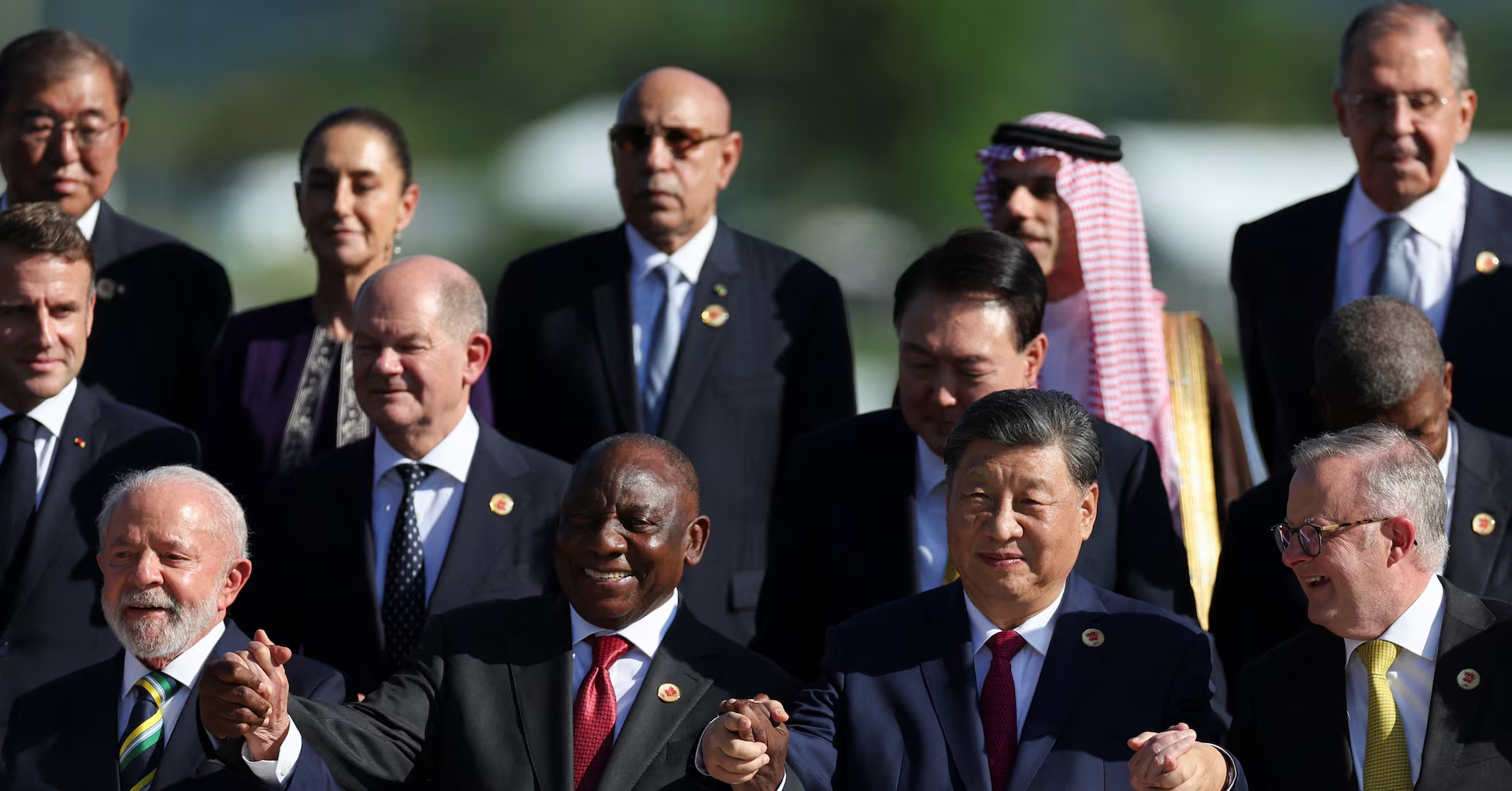Across Africa, a new generation is rewriting the rules of what it means to work, earn, and live. Gen Z — born between 1997 and 2012 — is no longer chasing only traditional jobs. Instead, they’re embracing the digital hustle, building careers through creativity, technology, and social media.
This shift is not just a trend. It’s a revolution that is shaping the future of Africa’s economy.
The Rise of the Digital Hustle
In the past, many young Africans were told the “golden path” was to study hard, get a degree, and secure a stable job in government or a corporate office. But with unemployment rates skyrocketing and formal jobs failing to keep up with the continent’s fast-growing youth population, Gen Z is taking matters into their own hands.
Instead of waiting for opportunities, they are creating them online. From TikTok influencers in Nairobi to freelancers in Lagos, from forex traders in Johannesburg to fashion resellers in Accra, the digital hustle is everywhere.
What Digital Hustling Looks Like
Gen Z’s hustles are as diverse as the continent itself. Some of the most common include:
- Content Creation: TikTok dances, YouTube vlogs, Instagram shops, and podcasts are now money-making avenues.
- Freelancing: Platforms like Upwork, Fiverr, and Toptal allow African youth to work with clients worldwide.
- E-commerce: From selling thrifted clothes on Instagram to building Shopify stores, online selling is booming.
- Digital Finance: Crypto trading, forex markets, and online investments are attractive to the risk-taking Gen Z mindset.
- Tech Skills: Coding, graphic design, and digital marketing are in demand globally — and Gen Z is cashing in.
For many, a side hustle is no longer “extra.” It has become the main source of income.
Why Gen Z Prefers Digital Hustles
Several reasons explain this major shift:
- Youth Unemployment: Africa has one of the world’s youngest populations, but not enough jobs. Digital hustles fill the gap.
- Creativity & Self-Expression: Gen Z values freedom. They want to work on things that inspire them — not just survive.
- Access to Technology: Cheap smartphones, mobile money, and expanding internet coverage make hustling online possible.
- Global Market Reach: Unlike traditional jobs, digital work connects young Africans to worldwide audiences and clients.
Success Stories: From Hustle to Empire
Across the continent, Gen Z is proving that the digital hustle pays off.
- In Kenya, TikTok creators like Azziad Nasenya have turned short videos into brand deals and full careers.
- In Nigeria, tech-savvy freelancers are earning dollars by working remotely for U.S. and European companies.
- In South Africa, young entrepreneurs are building e-commerce brands that compete with established businesses.
What was once dismissed as “just being online” is now feeding families, paying rent, and even funding investments.
The Challenges Behind the Hustle
But it’s not all smooth. Digital hustling comes with serious obstacles:
- Unstable Income: Unlike a fixed salary, hustling means income fluctuates. Some months are great, others not.
- Online Scams: Many youth fall prey to fraudsters and fake job offers in the digital space.
- Lack of Mentorship: Few have guidance on scaling their hustles into sustainable businesses.
- Digital Divide: Rural areas with poor internet access risk being left out of the digital economy.
These challenges mean that while the hustle is exciting, it’s also risky and unpredictable.
What This Means for Africa’s Future
Despite the hurdles, the potential is massive. Experts predict that by 2030, Africa’s digital economy could be worth over $180 billion. If governments and private sectors invest in infrastructure, training, and fair digital policies, Gen Z could create millions of new jobs where traditional systems have failed.
The rise of mobile money systems like M-Pesa in Kenya, fintech startups across West Africa, and a surge in online marketplaces shows that Africa’s future is digital — and Gen Z is leading the way.
Conclusion: A Generation That Refuses to Wai
One thing is clear: Gen Z in Africa is not waiting for the future to come to them. They are building it themselves.
With creativity, resilience, and a smartphone in hand, they are transforming the hustle into a lifestyle — and in the process, redefining how money and work look on the continent.
The question is no longer whether digital hustling is sustainable. It’s how far Gen Z will take it. And by the looks of things, the sky is not even the limit.




















